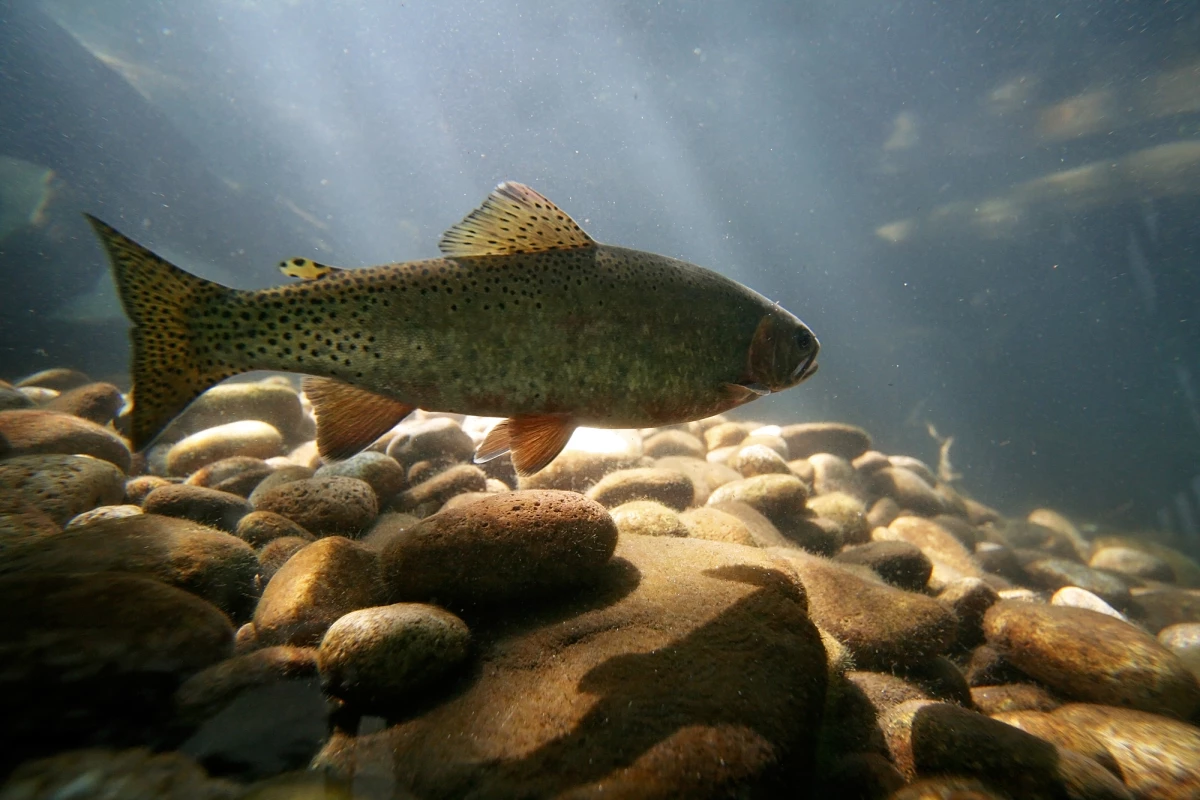Aquatic environments fed by streams of discharged wastewater are inherently prone to pollutants from human activity, and that can include the consumption of drugs, legal or otherwise. A field of research is forming around this phenomenon in an effort to uncover what it could mean for marine organisms, and a new study has shed some rather grim light on the matter, demonstrating a capacity for brown trout to become addicted to methamphetamine.
Not a lot is known about the impacts of pharmaceutical and other drug waste on wildlife, but recent research is starting to highlight some of the risks that it poses. This has included studies demonstrating how these pollutants can alter the reproductive behavior and anxiety levels in fish, while one study published in 2019 found that antidepressants such as Prozac can disrupt their social behavior in group settings.
Scientists at the Czech University of Life Sciences in Prague have expanded on this to examine the impacts of the illicit drug methamphetamine in contaminated waterways. The team isolated brown trout in a water tank with the same micro concentrations of methamphetamine found in some freshwater rivers, for a period of eight weeks.
Afterwards, the scientists transferred the fish to a freshwater tank, and gave them a choice between remaining in the pristine environment or returning to water laced with methamphetamine. This experiment was repeated every second day for 10 days, with the idea being to establish whether or not the fish were suffering withdrawals.
By tracking the choices of the fish across this period, a clear pattern emerged and it became evident that the trout that spent two months in the methamphetamine-laced tank had indeed become addicted to the drug, continuing to pursue the drug during their first four days in freshwater. These fish were also less active than a control group of trout, and evidence of the drug was found in their brains up to 10 days after their removal.
Further to the physiological harm methamphetamine consumption could cause the fish, the scientists believe that drug addiction could cause them to migrate towards unhealthy wastewater discharges in pursuit of a fix.
"The elicitation of drug addiction in wild fish could represent another example of unexpected pressure on species living in urban environments," says study author Pavel Horký.
The research was published in the Journal of Experimental Biology.
Source: The Company of Biologists via EurekAlert




